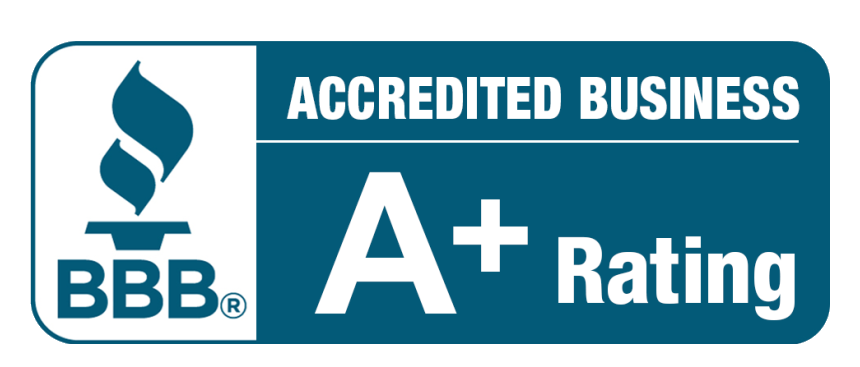
What is a Confession of Judgment?
A confession of judgment (COJ) is a written agreement signed by the defendant where the defendant acknowledges the liability and amount of damages that has been agreed to. It is a way to circumvent normal court proceedings and due process in order to sidestep the long litigation process that is standard with settling a dispute. If you sign a confession of judgment, you are essentially agreeing to give up your rights to dispute the claim later. Confession of judgments are highly controversial because some people feel that they do not allow the borrower a chance to present a proper defense, and so most states do not allow them. However, some states, such as Pennsylvania, New Jersey and New York, do allow them under certain circumstances.
The most common situation where you see a confession of judgment is between a borrower and lender, especially with merchant capital advances. Under this scenario, a confession of judgment is a written agreement between a lender and a borrower. The COJ outlines the damages upon default and would allow the lender to proceed directly to obtaining a judgment upon default, instead of first having to sue the defendant prior to obtaining the judgment.
How does a COJ Affect me?
If you default on a written agreement that contains a confession of judgment, the collection process is significantly expedited. The plaintiff can immediately file the confession of judgment, giving them an automatic judgment and allowing them to start collection on the debt. Most likely, the plaintiff will first try to collect the debt by freezing your bank accounts, PayPal Accounts or merchant processing accounts, or by contacting your clients directly for payment. Since confession of judgments are only allowed in certain transactions, usually involving the borrowing and lending of money, the lender already knows at least one bank account of the defendant, if not multiple, making it easy to freeze the accounts. Additionally, when a COJ is signed by a borrower, the damages upon default are agreed to in the COJ. Most default damages under a COJ will increase the overall debt owed by 20%-25% since the borrower agrees to pay all interest, court costs, and the lender’s attorney fees to collect on the judgment.
Get Help
If you are looking into obtaining a merchant capital advance for your business, a COJ could be part of the agreement you must sign before getting your money. Download our guide to executing on merchant capital advances or loan agreements so that you know what to expect and, more importantly, what could happen to you or your business should you fail to meet the terms outlined in your agreement.
If you are struggling with debt issues, Fuselier & Associates Financial can help. We negotiate debt solutions that work for our clients and help them get their businesses back on track. Contact us today to see how we can help you.



